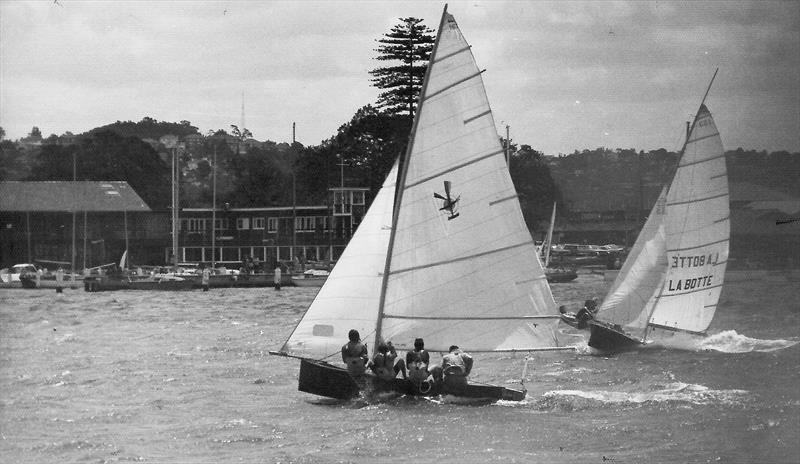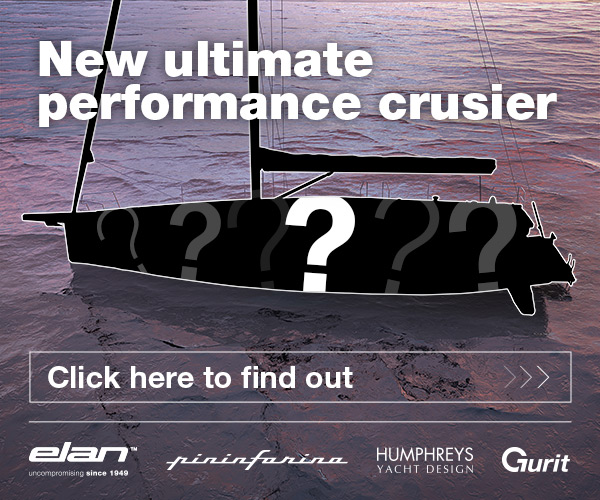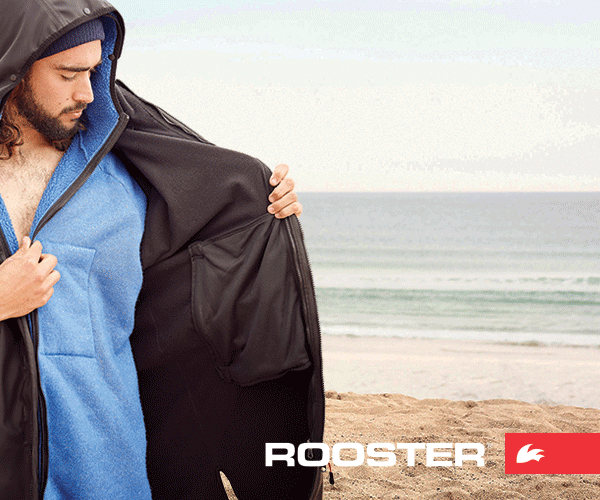
Sydney Harbour Marathon – Reviving a classic
by Mark Jardine 30 May 08:00 PDT

18ft Skiffs in the Sydney Harbour Marathon © John Stanley Collection
It can be said that sailing’s diversity of classes is both a strength and a weakness. For some it means that whatever type of boat they want, there’s going to a perfect match out there; for others, it dilutes one design fleets, leading to lower turnouts at class championships.
My view is: adapt to what you’ve got. Handicap or yardstick racing is a way to run mass races encompassing many different types of boat. It’s admittedly not perfect, but it’s the best we’ve got.
Long distance dinghy races have been popular for eons. In the UK we have some absolute classics, such as the Lord Birkett Trophy at Ullswater in the Lake District, and the Three Rivers Race sailed from Horning on the Norfolk Broads.
Then there are European examples, such as the Ronde om Texel, a famous catamaran and windsurfing race round the Dutch island of Texel which regularly attracts more than 500 boats.
While chatting with Frank Quealey in Australia I found out about another long-distance race, the Sydney Harbour Marathon, which was first sailed on 29th April 1973, and as far as anyone can remember, last sailed in 1988. Frank put me on to John ‘Steamer’ Stanley at the Sydney Flying Squadron to find out more.
Steamer has been collating information about Sydney Harbour sailing, particularly in the skiff classes, for many years, and it’s safe to say that without him much of the history of Australian sailing would have been lost. He’s pretty much done it all when it comes to sailing, and knows everything and everyone in the 18s, as well as many other classes, past and present, which have sailed on Sydney Harbour.
Hearing about the Sydney Harbour Marathon, I thought this was an event which should be revived. What a spectacle it would be to see the 18ft footers, both classic and modern, 16ft Skiffs, 12ft Skiffs, International 14s, Cherubs, 49ers, 29ers and many other classes starting a race from Middle Harbour 16ft Skiff Club, blasting past the iconic landmarks, passing the North and South heads, and then Watson Bay, Rose Bay, Double Bay and Rushcutter Bay and using Shark Island as a turning mark. Sydney Harbour is a natural amphitheatre for sailing, and this race would show sailing in its best light.
The original Sydney Harbour Marathon was co-organised by Jack Tier, who was editor of The Sun newspaper in Australia, along with Pat Joyce of Middle Harbour 16ft Skiff Club. Jack sadly passed away after the first edition of the race, and the second annual event, held on 23rd December 1973, was renamed The Jack Tier Memorial Race, in recognition of his support of 18ft and 16ft skiff sailing. There was significant prize money on offer, with $75 for the first boat over the line in the first edition, rising to $500 in the second edition.
Past winners include many famous sailors including Peter Sorensen, Michael Coxon, Iain Murray, Trevor Barnabas and some other greats of skiff sailing. This was a race which attracted the very best.
The Marathon built from the success of the Sydney Harbour Regatta, which was held on 14th February 1959 and attracted 216 boats across both yachts and a few dinghy classes, but by 1972 there were 51 classes and 733 boats, which became unmanageable.
‘Steamer’ Stanley picks up how it all developed:
“The fascinating thing was that during the Regatta at 11am on Sunday morning, the Cock of Middle Harbour was held, which was the Australian champion from every class that raced, using a YA (Yachting Australia) Yardstick, which was really interesting as you had all these champions from the timber-era dinghies all in one place. It was pretty chaotic with the YA Yardstick, and there was always a bit of controversy as to who won it, especially when catamarans came in to it, but it was run by volunteers.
“After that finished, a couple of boys came up with the bright idea of the marathon, which is how it all began. Once again, that proved to be quite phenomenal as well. The two 18 footer clubs and several other skiff clubs were involved in organising it. The front cover of the programme is a magnificent hand drawing by Alf Beashel, and he was one of the motivators of the whole thing.
“Jack’s wife Kitty handed out the cash prize money at the second running of the event. She’s still going at 103!
“The first Marathon was held in 16ft Skiffs and 18ft Skiffs, as they were always arguing as to which was the quicker boat, but after a couple of years they invited the 12ft Skiffs, and also the 14s, so it ended up quite an interesting race. I only did a few before I went into ocean racing. It was a great event and definitely something that could be done again, but the clubs don’t seem to talk to each other like we used to. In the old days all the clubs got together around the campfire and organised things, but today they’re all in their own little world and mainly communicate by text or email.
“No-one’s quite sure when the last Marathon was, but the 17th Marathon in 1988 is the last one I’ve got a record of. We’ve got a feeling that when The Sun newspaper closed, that was the demise of it.”
Reviving this race would require several of the Sydney Harbour clubs to work together, and having had many discussions with leaders at the clubs I feel there is a willingness to cooperate, and a general openness to help with any initiatives which could lead to an increase in participation. While this race wouldn’t be suitable for novices, it would be a good showcase, and there’s nothing to say that junior versions and ‘half marathons’ couldn’t be held alongside the main event to encourage the less experienced and get even more sailors out on the water.
In these days of international travel, it would most likely attract foreign competitors as the race regained traction and stature.
Interestingly, the co-organisers of the Seldén Sailjuice Winter Series in the UK, Simon Lovesey and Andy Rice, hosted a Zoom call to look at where the future of dinghy racing is headed in these fast-changing times; fostering collaboration among different classes and embracing diversity in boat selection were the top two points.
We owe a lot to dinghy historians such as Frank Quealey, John ‘Steamer’ Stanley, and of course Dougal Henshall in the UK. Many lessons can be learned from the past, to help guide the future. Looking at the picture around the world as I travel from one side of the planet to the other, I can’t help but think that maybe now is exactly the right time to revive the Sydney Harbour Marathon. We at Sail-World.com and YachtsandYachting.com will certainly support it!
If you have memories of the Sydney Harbour Marathon, or other great long distance dinghy races, then please send me your thoughts.
Mark Jardine
Sail-World.com and YachtsandYachting.com Managing Editor




